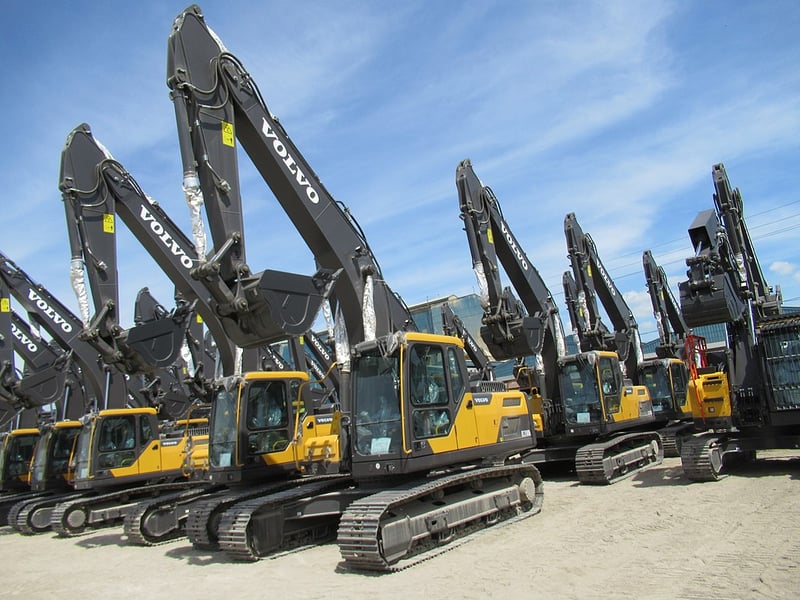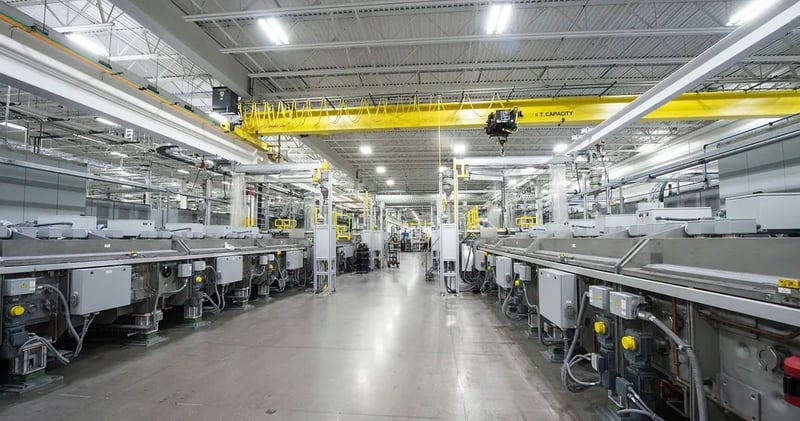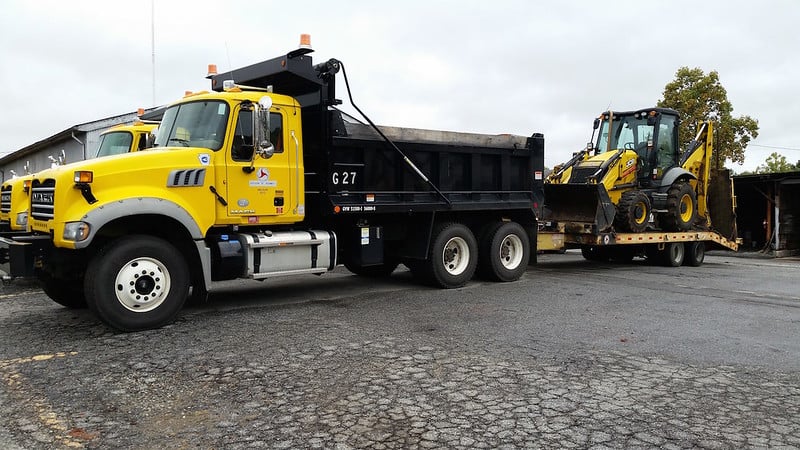
Business owners get involved with a number of annual projects they need to get done in order to accomplish the goals set forth for continuing growth and success. These may require both internal employee and external advisory interaction and collaboration to complete them in a timely and orderly fashion.
When machinery & equipment appraisers are part of the mix, they should understand this broader perspective and their specific role in it, so they can provide the value-added you’re striving for to help move your company forward. When you consider engaging with a professional appraisal firm, ensure that their experience is commensurate with their ability to work within a larger team environment.
Some of the key variables that valuation experts should consider and suggest to their clients within this overall framework are:
The Effective Date of the Valuation: The written report date and effective date are often different based on the circumstances.
The Premise(s), or Definition(s) of Value: There are several distinct market levels of value to consider in every appraisal.
Desktop vs. On-site Approach: Which of these options is the right choice given the underlying requirements of the deal and the quality of the data already developed?
Additional Opinions to Include: Experienced Accredited Appraisers can also provide comments on topics such as future (residual) equipment value and remaining useful life. Is this something that might bring added value to your transaction?
In summary, ensure that the valuation firm you select will have its most senior experts directly involved with the appraisal so you can feel secure that the analysis will be well thought out and thoroughly prepared. Less experienced appraisers can have a support role in the work effort, however, avoid the firms who use their junior staff to complete all the research and legwork with the senior manager only taking a minor review role. This can lead to costly errors you won’t know about until it’s too late.
Your longer-term business goals are important and will help steer your company toward future success. The ability to count on the right team to ensure you reach those goals is essential.





